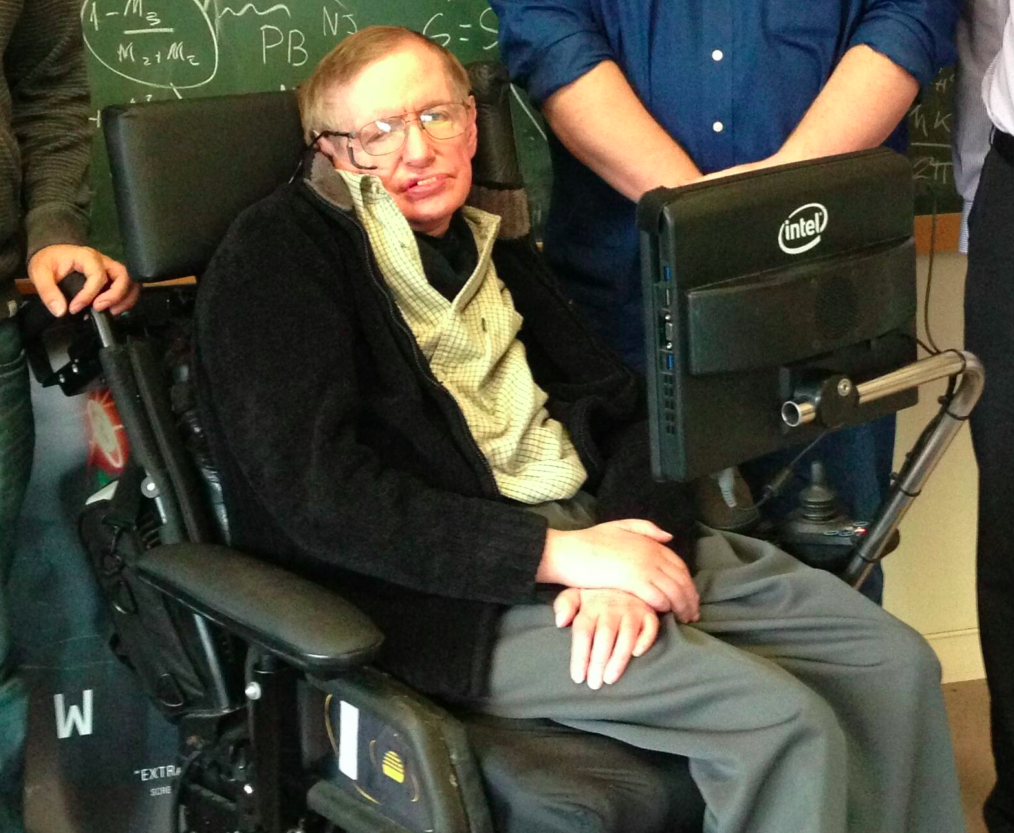Stephen Hawking, one of the greatest scientific minds of our time, made a grim prediction before his passing in 2018. According to the renowned physicist, Earth may only have around 600 years left before it becomes uninhabitable. His concerns centered around overpopulation, excessive energy consumption, and the increasing strain on our planet’s resources—factors that, if left unchecked, could turn Earth into a “giant ball of fire.”
A Dire Warning About the Future
During the Tencent WE Summit in 2017, Hawking highlighted the alarming rate at which the world’s population was growing. He pointed out that it was doubling every 40 years, a trend that, if it continued, would eventually lead to catastrophic consequences.
“This exponential growth cannot continue into the next millennium,” he warned. “By the year 2600, the world’s population would be standing shoulder to shoulder, and the electricity consumption would make the Earth glow red-hot.”
He stressed that these conditions were unsustainable and that urgent action was needed to prevent global disaster.
The Science Behind Hawking’s Prediction
Hawking wasn’t alone in his concerns. NASA and other scientific organizations have studied environmental changes for decades, and their findings align with many of his predictions. Climate change, global warming, and the greenhouse effect continue to accelerate at an alarming pace.
In 2016, Hawking spoke with the BBC and reiterated that humanity was facing multiple existential threats. He cited climate change, nuclear war, pandemics, and artificial intelligence as significant risks that could lead to humanity’s downfall within the next thousand or ten thousand years.
“Although the chance of a disaster to planet Earth in a given year may be quite low, it adds up over time and becomes a near certainty in the next thousand or 10,000 years,” he said.
The Role of Technology and Space Exploration
Despite his bleak outlook, Hawking also believed in the potential of science and technology to offer solutions. He advocated for the exploration of other planets as a means of ensuring humanity’s survival. He frequently suggested that colonizing Mars or other celestial bodies could serve as a backup plan if Earth became uninhabitable.
However, he also warned about the dangers of unchecked technological advancements, particularly artificial intelligence. While AI has the potential to revolutionize industries and improve lives, Hawking feared that, without proper regulation and ethical considerations, it could become a major threat to humanity’s future.
What Can We Do to Change Course?
While Hawking’s predictions may seem daunting, they also serve as a call to action. His warnings emphasize the need for:
- Sustainable living: Reducing carbon footprints, embracing renewable energy sources, and protecting the environment.
- Population control measures: Promoting education and policies that ensure responsible growth.
- Scientific advancements: Supporting innovations that tackle climate change, energy consumption, and space exploration.
- Regulation of artificial intelligence: Ensuring AI develops in a way that benefits humanity rather than endangering it.
A Final Thought
Stephen Hawking’s insights remind us that the future of our planet is in our hands. While the challenges we face are daunting, they are not insurmountable. By making informed choices and investing in sustainable solutions, we can work toward a future where humanity thrives rather than perishes.
His message is clear: if we don’t take action now, we may be running out of time faster than we think.

Sophia Reynolds is a dedicated journalist and a key contributor to Storyoftheday24.com. With a passion for uncovering compelling stories, Sophia Reynolds delivers insightful, well-researched news across various categories. Known for breaking down complex topics into engaging and accessible content, Sophia Reynolds has built a reputation for accuracy and reliability. With years of experience in the media industry, Sophia Reynolds remains committed to providing readers with timely and trustworthy news, making them a respected voice in modern journalism.
